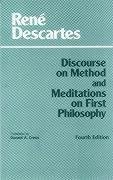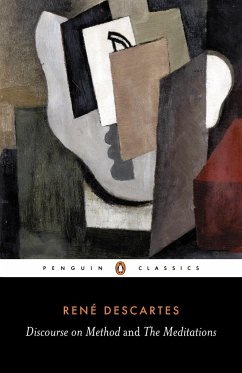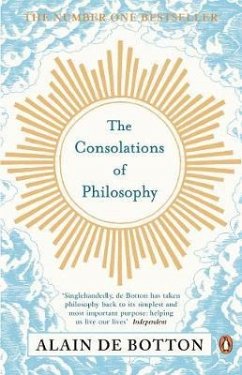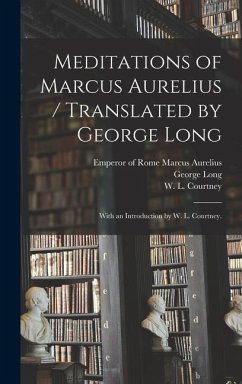Nicht lieferbar
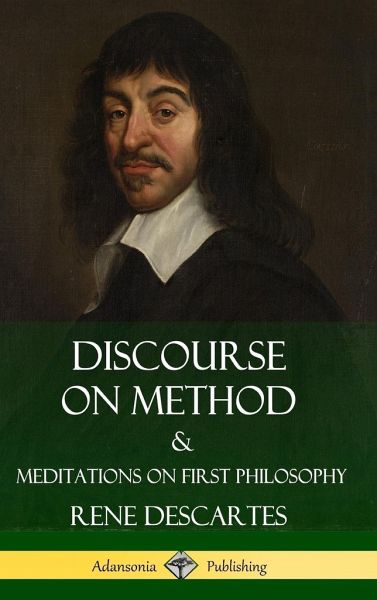
Discourse on Method and Meditations on First Philosophy (Hardcover)
Versandkostenfrei!
Nicht lieferbar
Weitere Ausgaben:
Several of Descarte's most ground-breaking essays and philosophic treatises are contained in this quality edition. Written by René Descartes in the 17th century and counted among the first great philosophic works of Enlightenment era, these papers contain the philosopher's thoughts on physical objects, presence and being. Descartes describes a series of vivid dreams which, for their realism, leave him in doubt as to whether he does indeed possess a body or whether it is merely an illusion. Descartes reflects upon the nature of dreams, and wonders whether their strangeness is not a consequence...
Several of Descarte's most ground-breaking essays and philosophic treatises are contained in this quality edition. Written by René Descartes in the 17th century and counted among the first great philosophic works of Enlightenment era, these papers contain the philosopher's thoughts on physical objects, presence and being. Descartes describes a series of vivid dreams which, for their realism, leave him in doubt as to whether he does indeed possess a body or whether it is merely an illusion. Descartes reflects upon the nature of dreams, and wonders whether their strangeness is not a consequence of God playing a trick with his mind. Discounting God as the culprit, Descartes instead places responsibility of the illusion of reality at the feet of a 'malignant demon'. The translations present in this edition were composed by the Scottish poet and scholar of philosophy John Vietch, whose academic career at The University of St. Andrews in Fife provided a firm grounding in the philosophic disciplines.





